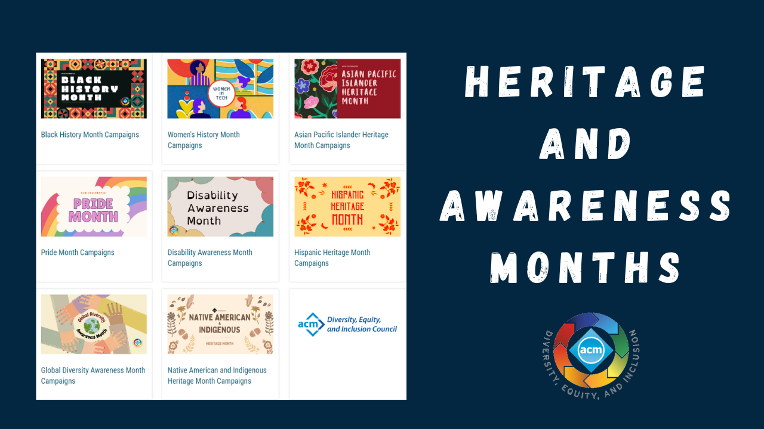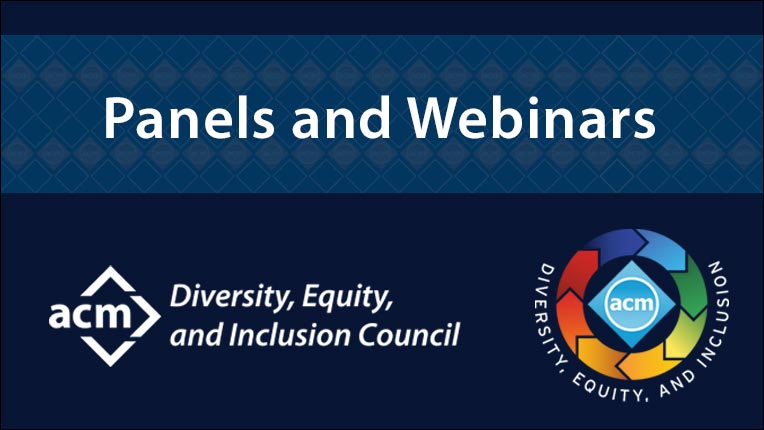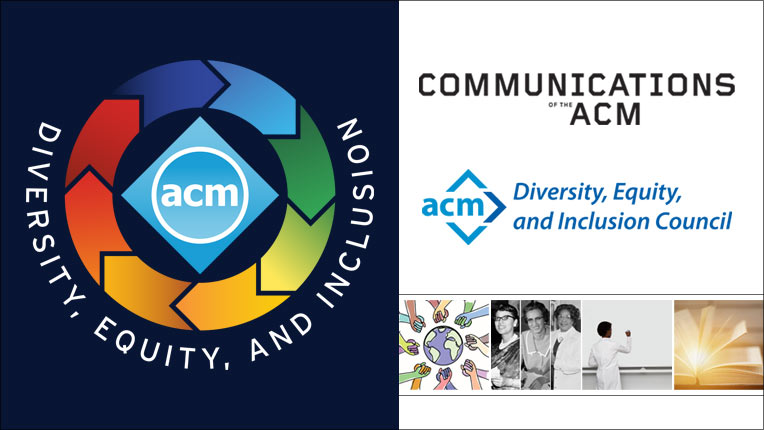Diversity, Equity, and Inclusion
![]() Anyone, from any background, should feel encouraged to participate and contribute to ACM. Differences – in age, race, gender and sexual orientation, nationality, religion, caste, physical ability, thinking style and experience – bring richness to our efforts in providing quality programs and services for the global computing community.
Anyone, from any background, should feel encouraged to participate and contribute to ACM. Differences – in age, race, gender and sexual orientation, nationality, religion, caste, physical ability, thinking style and experience – bring richness to our efforts in providing quality programs and services for the global computing community.
ACM is committed to creating an environment that welcomes new ideas and perspectives, and where hostility or other antisocial behaviors are not tolerated.
Celebrate Disability Pride Month with ACM
July is Disability Pride Month and ACM is proud to recognize the contributions of disabled computing professionals. In 2025, ACM will highlight the significance of assistive technologies in cultivating inclusive environments. From screen readers to mobility aids, assistive technology plays a vital role in transforming workplaces, classrooms, and daily life for all. Disability Pride Month offers an opportunity to reflect on the assistive technologies that we use or supports us. Stay tuned as we share more throughout Disability Pride Month.
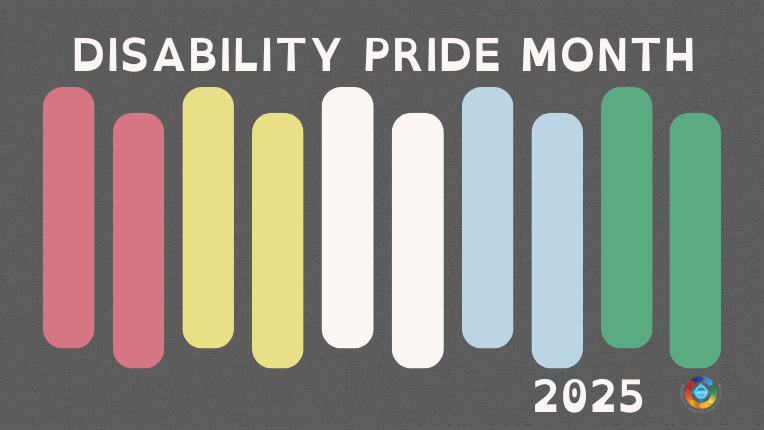
Resources from the ACM DEI Council
How Diverse Is Your Team?
ACM's Diversity, Equity, and Inclusion Council is an essential resource for SIGs, conferences, boards, and councils looking for best practices to improve diversity in their organization and develop programs with a broader reach in the computing community. Our guide provides examples of both inherent and acquired characteristics, which should be taken into consideration when looking at ways to improve the diversity of your team.

Words Matter
As part of ACM’s efforts to combat exclusion in the computing profession, ACM's Diversity, Equity, and Inclusion Council has launched an effort to replace offensive or exclusionary terminology in the computing field. They have developed a list of computing terms to be avoided in professional writing and presentations and offer alternative language. The Council plans to expand this list in the future and invites the community to submit suggestions for consideration.
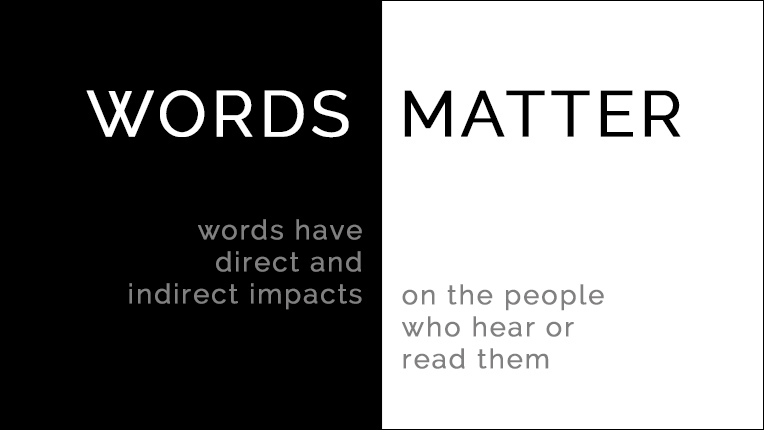
Diversifying Award Nominations
In this Tapia Conference panel, ACM CEO Vicki Hanson moderates a discussion with ACM Awards Committee Co-Chair Roy Levin and Awards Committee members Stephanie Ludi and Timothy Pinkston concerning the need to nominate deserving and diverse individuals for Awards and ACM Advanced Member Grades. This panel provides an understanding of ACM’s Awards process from submission to selection, with specific tips for working as a community to develop nominations.
ACM Policy Against Harassment
The open exchange of ideas is central to ACM’s mission. This requires an environment that embraces diversity and provides a safe, welcoming environment for all. ACM's Policy Against Harassment applies to all ACM activities, defines expected behavior and explains how to report unacceptable behavior.
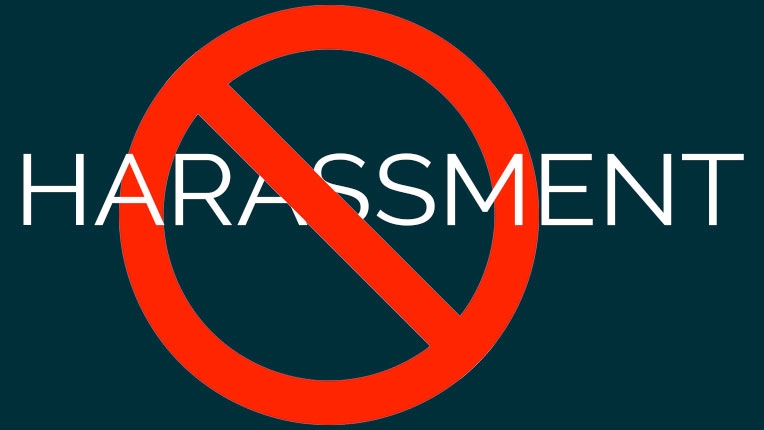
ACM Code of Ethics
The ACM Code of Ethics and Professional Conduct arose from the experiences, values and aspirations of computing professionals around the world, and it captures the conscience of the profession. It affirms an obligation of computing professionals both individually and collectively to use their skills for the benefit of society.
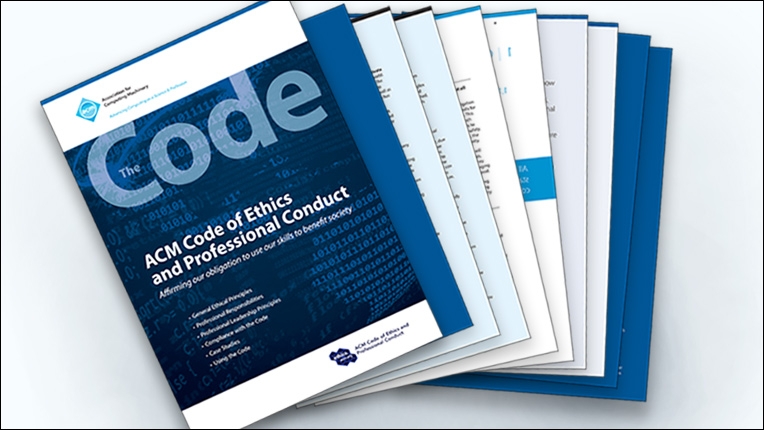
ACM-W
ACM-W is the ACM Community of Support for Women in Computing. ACM-W supports, celebrates, and advocates internationally for the full engagement of women in all aspects of the computing field, providing a wide range of programs and services to ACM members and working in the larger community to advance the contributions of technical women.
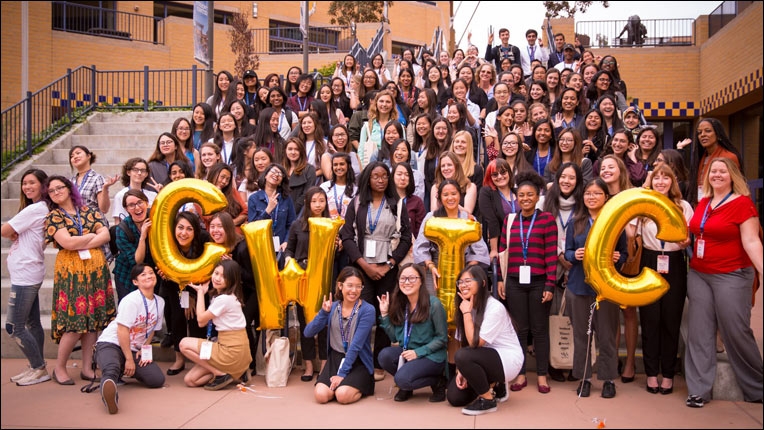
ACM Celebrates Awareness Months
ACM & ACM-W collaborate to celebrate Women's History Month
For Women’s History Month 2025, ACM is partnering with ACM-W to present an interactive Q&A video series between students and computing professionals. As students navigate through college and begin preparing to enter the workforce, it is important now more than ever to hear from experts. Women from various computing backgrounds will share their personal experiences and offer guidance to students seeking career advice. Throughout March, videos featuring computing professionals answering students’ questions will be posted across ACM’s social media platforms for all to view.
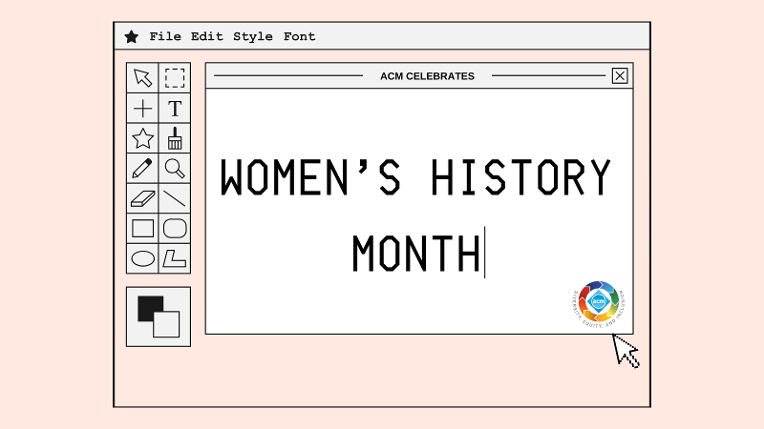
Celebrate Black History Month with ACM
Join us in celebrating Black History Month! From groundbreaking research in artificial intelligence to advancements in cybersecurity, Black computing leaders have consistently expanded the boundaries of what’s possible, often overcoming systemic challenges to do so. This year, we invite you to revisit some of our past Bytecast interviews with Black computing pioneers including Nashlie Sephus, Jelani Nelson, Yaw Anokwa, Denae Ford, and Ayanna Howard, showcasing their insights, achievements, and enduring impact on the global tech community.
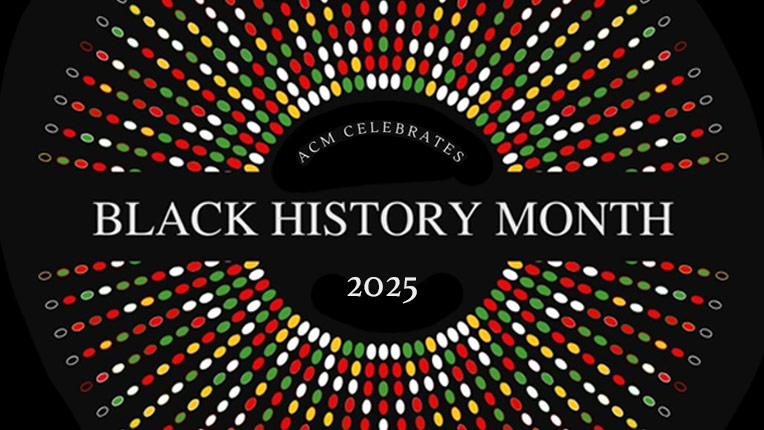
Preserving Cultural Data and Languages in the AI Era: Challenges and Opportunities
In celebration of Indigenous Peoples' Heritage Awareness Month, ACM DEI Council member Timothy Pinkston organized a panel, "Preserving Cultural Data and Language Sovereignty While Also Benefiting from Emerging Technologies in the AI Era: Challenges and Opportunities," which featured indigenous researchers from multiple countries. Moderated by Cynthia (Star Horse Woman) Lindquist, the panel included Elmer J. Guy, Te Taka Keegan, Ian Her Many Horses, and Sean Chandler. Panel was recorded on November 6, 2024.
Awareness Months Archive
Embracing diverse perspectives, backgrounds, and experiences enrich the ACM community and strengthen ACM's ability to support the global computing community. Awareness months are a time dedicated to reflection, education, and engagement to understand and embrace the diverse membership within the ACM community. Our archive display the past and current celebrations ACM have created to foster an inclusive and equitable environment for all within the computing community.
DEI-CE Webinars
Ethical Quandaries in AI-ML: Facing the Tough Questions
This talk was a follow-up to the April 19, 2023 webinar with Mehran Sahami of Stanford University, "Confronting Ethical Challenges in a High-Tech World." Sahami and a panel of AI-ML experts from industry and academia—Tulsee Doshi, Susan Epstein, and Kush Varshney—explored some of the ethical questions raised in that session including the role of human values in AI algorithms, bias in AI-ML and the impact of diverse teams in reducing bias, and data privacy. The talk was moderated by Fay Cobb Payton and Susan Reiser of the DEI-CE.
Confronting Ethical Challenges in a High-Tech World
Machine Learning has tremendous potential for developing tools to improve efficiency and accuracy in decision-making. However, ML also has the potential to lead to outcomes that reinforce human biases, disproportionately impact vulnerable populations, and violate notions of privacy. Mehran Sahami and moderators Fay Cobb Payton and Susan Reiser as they explore some of the promise and perils that arise from Machine Learning to understand both some of the ethical issues and competing value trade-offs at stake.
Language Matters: DEI and the Question of URM
View the webinar, “Language Matters: DEI and the Question of URM,” featuring Nicki Washington of Duke University and Tiffani L. Williams of the University of Illinois at Urbana-Champaign in discussion on the importance of language to promote inclusive environments for work and study. The webinar was organized by the ACM Education Board’s Diversity, Equity, and Inclusion in Computing Education Task Force and ACM’s Diversity, Equity, and Inclusion Council, and was moderated by DEI-CE co-chair Fay Cobb Payton.
DEI-CE Webinars
The ACM Diversity, Equity, and Inclusion (DEI) Council facilitates discussion panels on biases and ethical challenges in technology. Committed to fostering an inclusive environment in both workplaces and academic settings, the DEI Council organizes webinars that encourage conversation on biases within tech and how to confront those biases to create a more equitable space for everyone in the computing community.
Communications of the ACM
Latin America Regional Special Section, August 2024
The second edition of the Latin America Regional Special is available to read in the August 2024 issue of Communications of the ACM. This edition showcases Latin American researchers' significant contributions to computer science. With 18 papers, topics vary from concurrent data structures, privacy, language technology, and environmental concerns in Latin America. Co-organizers Fabio Kon, Barbara Poblete, and Sebastian Uchitel introduce the Latin America Regional Special Section in this video here.
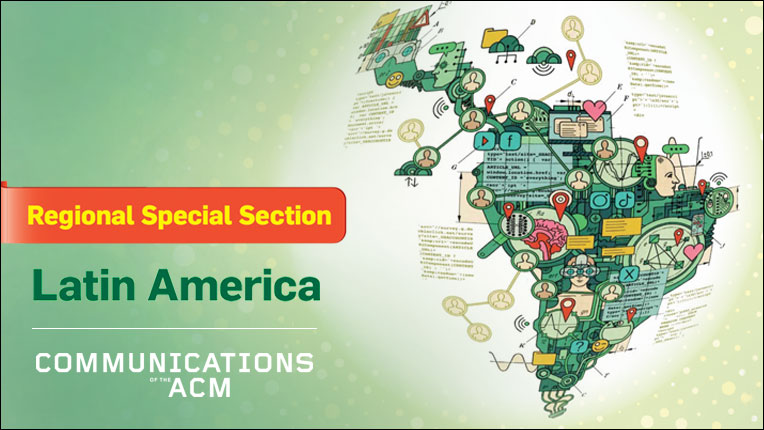
Mobilizing for Diversity in Award Recognition
Over the years, computing has progressed remarkably thanks to the contributions of individuals from diverse backgrounds who have incorporated their unique experiences and perspectives into technological advancements. Yet despite these significant contributions, award recognition for individuals from diverse backgrounds remains underrepresented. In "Science Needs You: Mobilizing for Diversity in Award Recognition," co-authors Elizabeth Novoa-Monsalve, David Patterson, Stephanie Ludi, and Daniel E. Acuna offer insights on how to create a more inclusive and equitable system of award recognition within the scientific community.
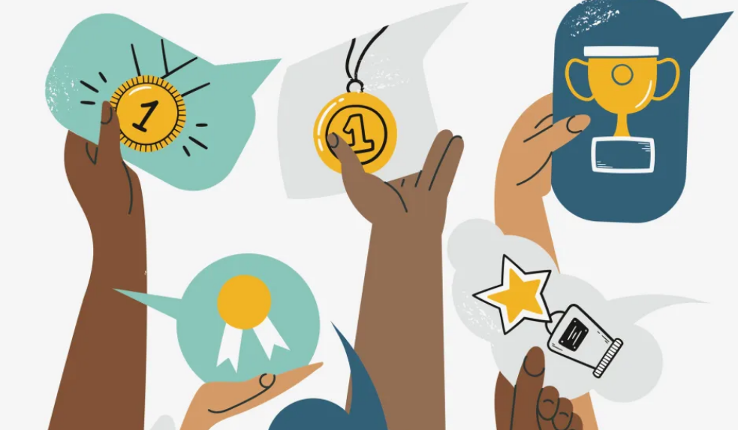
Communications of the ACM Regional Special Section Articles
The first regional special section debuted in the Communication of the ACM in November 2018. The regional special on China exhibited the technological advances conducted by innovators from the region. Since then, CACM contnues to celebrate the many innovations from across the global computing community through a collection of articles curated by a regional team accessible for all to read.
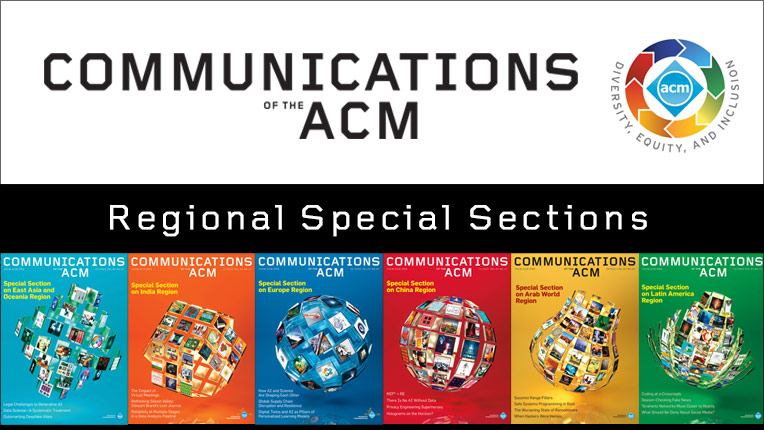
DEI Articles in Communications of the ACM
Through Communications of the ACM, the ACM Diversity, Equity and Inclusion Council contributes articles to promote an open conversation related to topics on diversity, equity, and inclusion (DEI). Fostering an inclusive environment for members of different ages, races, nationalities, gender identities, sexual orientations, physical and mental abilities, and backgrounds to feel welcome to participate is important for the ACM DEI Council. ACM welcomes you to read the DEI articles and partake in the conversation on building an inclusive environment that benefits all.

